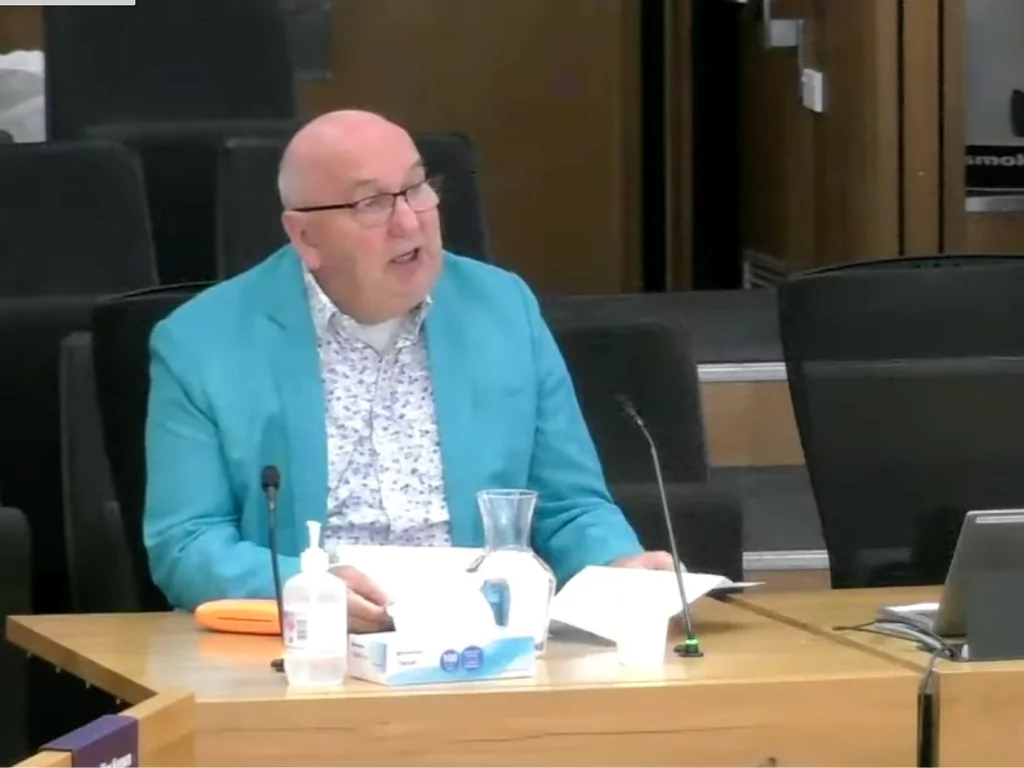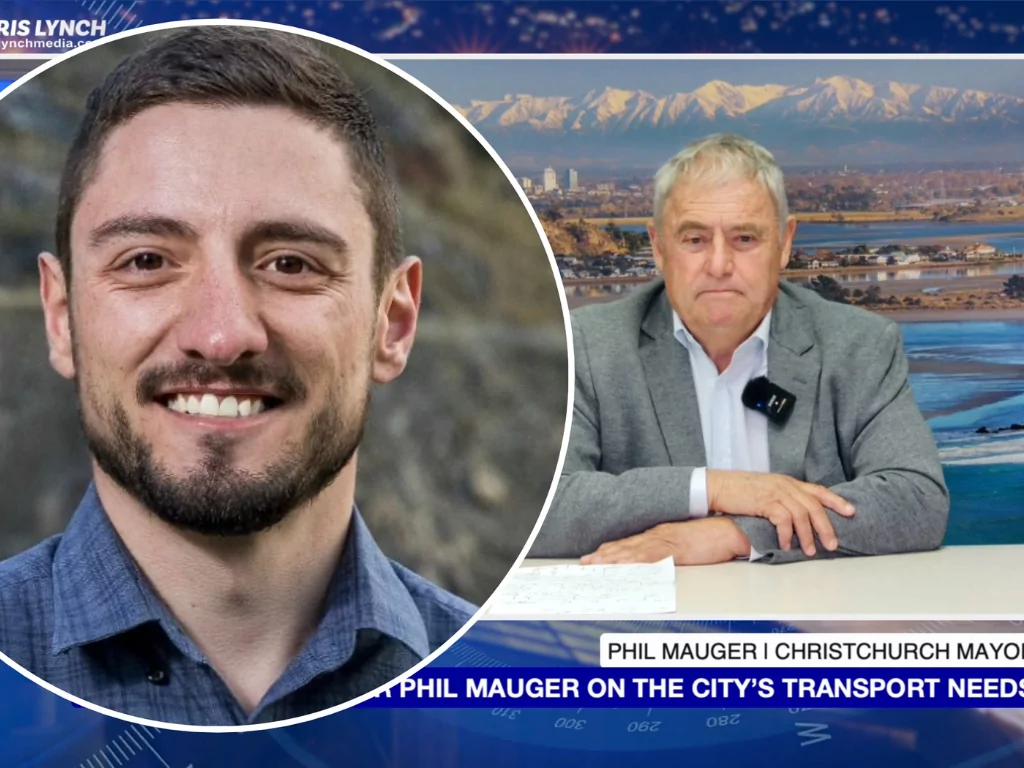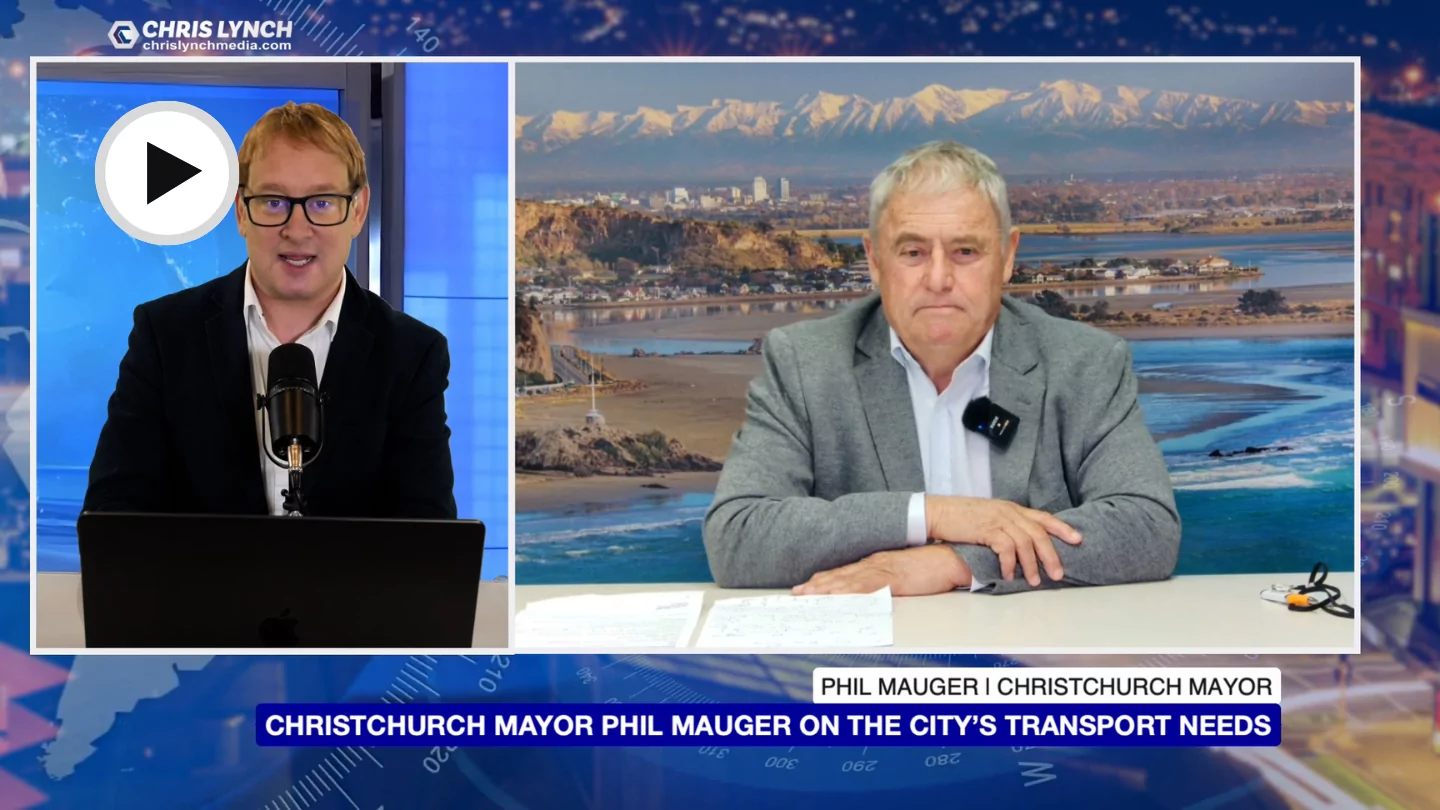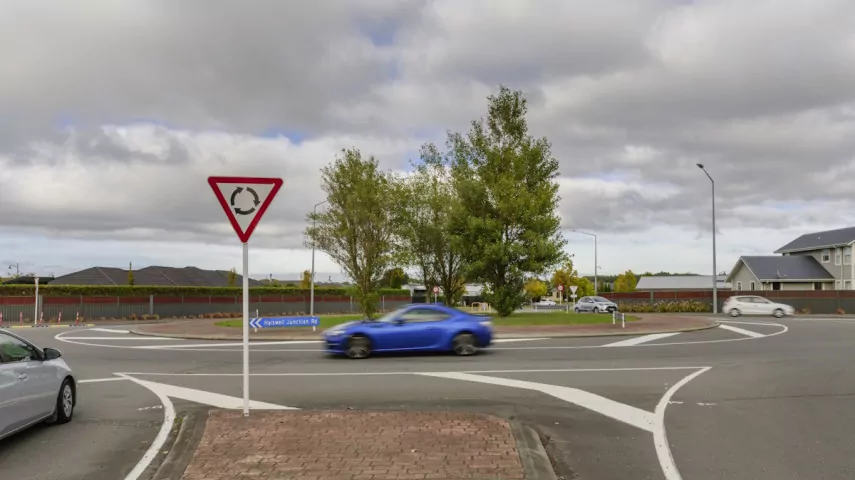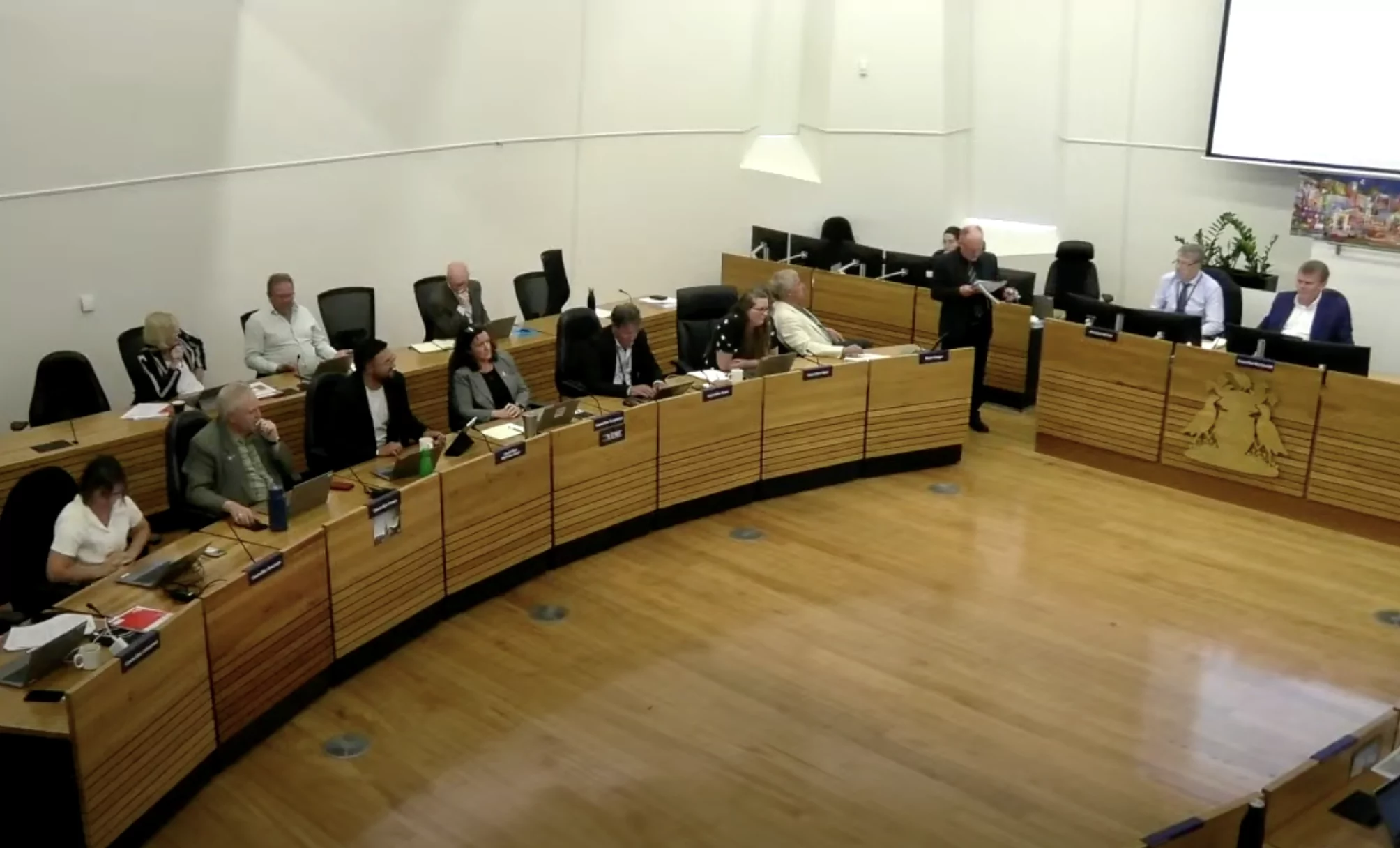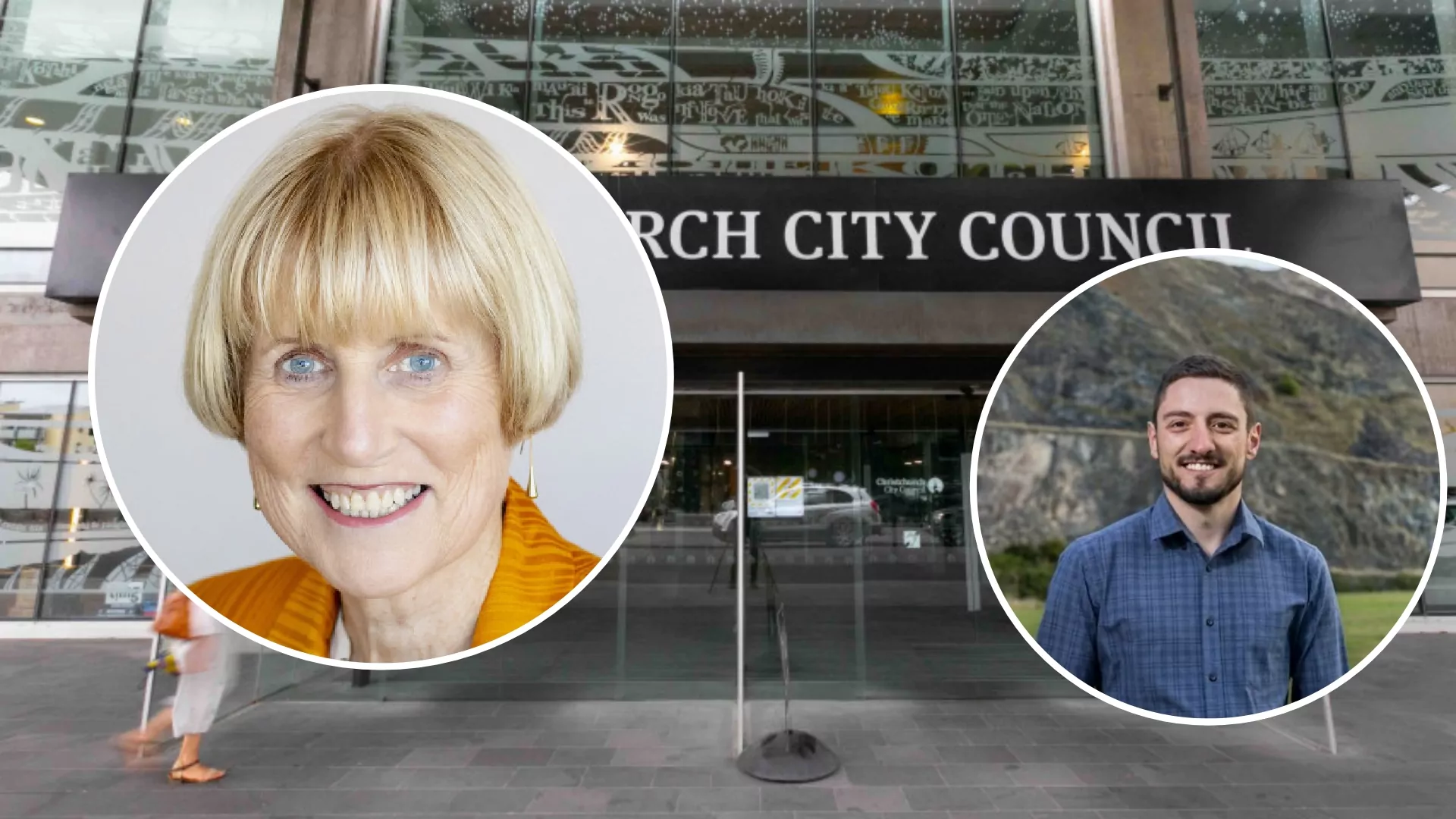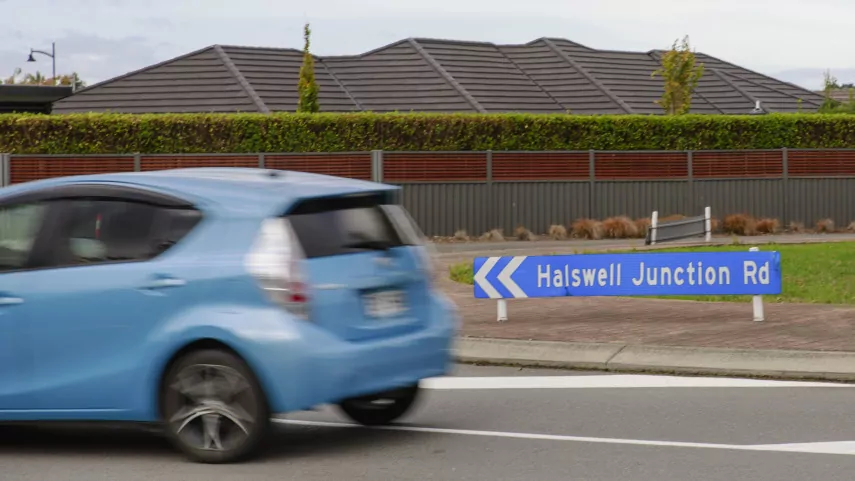The chair of Christchurch City Council’s Finance and Performance Committee is supporting the Government’s hardline approach to spending.
The government announced new measures aimed at refocusing local councils on core services, such as infrastructure and rubbish collection.
Local Government Minister Simeon Brown said ratepayers expect councils to prioritise basic services like fixing water infrastructure, filling potholes, and managing waste collection.
While Christchurch City Council was already working in this direction, MacDonald acknowledged the challenges of securing consensus within the council.
“Mayor Phil Mauger has been pushing for this focus, but the reality is, you need nine votes around the table to get anything through,” MacDonald said.
“We are trying to get back to basics, but sometimes those fantasy projects that Christopher Luxon mentioned still happen.”
One of the key elements of the government’s initiative is the removal of the “four well-beings” from the Local Government Act.
These well-beings—environmental, cultural, social, and economic—have historically expanded the scope of what councils are expected to address.
MacDonald believes that narrowing this focus could lead to cost savings for ratepayers.
“If we concentrate on the basics, there should be a financial return to the ratepayer,” he said. “Broadening the scope inevitably pushes up costs.”
MacDonald also addressed concerns about the council’s spending, responding to public criticism that more value could be extracted from council budgets.
“We get feedback that we could drive a lot more value. “Phil Mauger has pointed out that while he’s not against cycleways, the way we’re doing them is severely overpriced. This shift in focus should allow us to do the basic stuff really well—fixing potholes, repairing roads, ensuring clean water, and picking up rubbish.”
The government’s initiative also includes changes to NZTA funding and a review of the Local Government Act, which MacDonald sees as critical to avoiding unnecessary projects.
He cited the Gloucester Street development as an example of government-funded initiatives that could be reconsidered under the new guidelines.
“We don’t need to make streets that people can live on; we need streets that facilitate movement—cars, bikes, and pedestrians,” MacDonald said.
The government is reviewing councils’ Codes of Conduct, aiming to balance freedom of expression with orderly business conduct.
MacDonald expressed hope that this would prevent the Code of Conduct from being “weaponised” against councillors who speak out.
“The Code of Conduct has often been used to stifle free speech,” MacDonald said. “We need to get back to having robust, evidence-based discussions without fear of retribution.”
